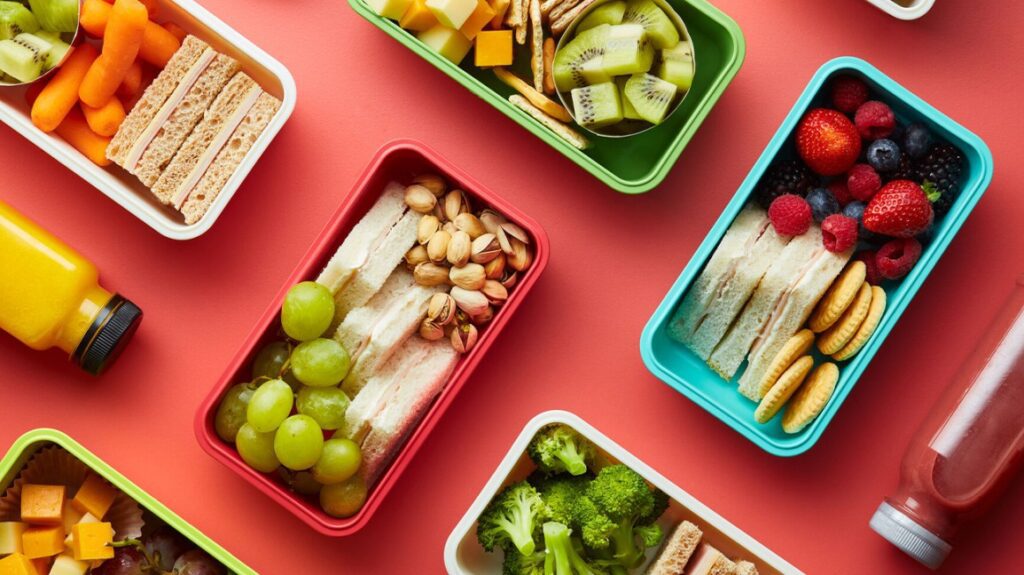Meal planning is a healthy and sustainable strategy to lose weight. To start with, it is important to know your weight loss goals, and plan your meals accordingly. Planning your meals ahead of time can help you avoid impulse eating and ensure you always have healthy food available. A good meal plan should include a variety of foods to ensure you’re getting all the nutrients you need. Focus on portion control, avoid skipping meals, and prep your meals in advance to make sticking to your meal plan much easier. Lastly, track your progress to celebrate small victories and stay motivated.
Meal Planning for Weight Loss: Healthy and Sustainable Strategies
Deciding to lose weight is a good goal to have, but doing it in a healthy and sustainable way is even better. One of the best ways to achieve this is through meal planning. By creating a plan and sticking to it, you can ensure you’re eating healthy foods and controlling your calorie intake. Here are some tips on how to use meal planning for weight loss:
Start with Your Goals
Before you can create a meal plan, you need to know your weight loss goals. Are you trying to lose a lot of weight quickly, or are you aiming to lose a smaller amount over a longer period of time? Once you know what you’re trying to achieve, you can begin planning your meals accordingly.
Plan Your Meals Ahead of Time
One of the best things you can do for weight loss is to plan your meals ahead of time. This helps you avoid impulse eating and ensures that you always have healthy food available. Try planning your meals for the week on a Sunday, so you’re ready to start fresh on Monday.
Include a Variety of Foods
A good meal plan should include a variety of foods to ensure you’re getting all the nutrients you need. Try incorporating different types of fruits, vegetables, proteins, and whole grains into your meals. This not only helps with weight loss but can also improve overall health.
Focus on Portion Control
Portion control is key to weight loss. Even if you’re eating healthy foods, if you’re eating too much of them, you’re likely to gain or maintain weight. Try using measuring cups, a food scale, or the palm method to ensure you’re eating the right amount of food.
Avoid Skipping Meals
Many people think that skipping meals will help them lose weight, but this is not the case. Skipping meals can actually slow down your metabolism and lead to overeating later in the day. Try to eat three meals a day, with healthy snacks in between if needed.
Prep Your Meals in Advance
Prepping your meals in advance can make sticking to your meal plan much easier. On a Sunday, try cooking and portioning out your meals for the week. This way, you can simply grab and go when you’re hungry, rather than spending time preparing food.
Be Flexible
While meal planning is important for weight loss, it’s also important to be flexible. Life happens, and sometimes you may not be able to stick to your plan. If this happens, don’t beat yourself up. Simply adjust your plan and keep moving forward.
Track Your Progress
Lastly, be sure to track your progress as you work towards your weight loss goals. It’s important to celebrate small victories along the way, such as losing a few pounds or sticking to your meal plan for a full week. This can help keep you motivated and on track.
By following these meal planning strategies, you can lose weight in a healthy and sustainable way. Remember to start with your goals, plan your meals ahead of time, focus on portion control and a variety of healthy foods, avoid skipping meals, prep your meals in advance, be flexible, and track your progress. Good luck on your weight loss journey!
